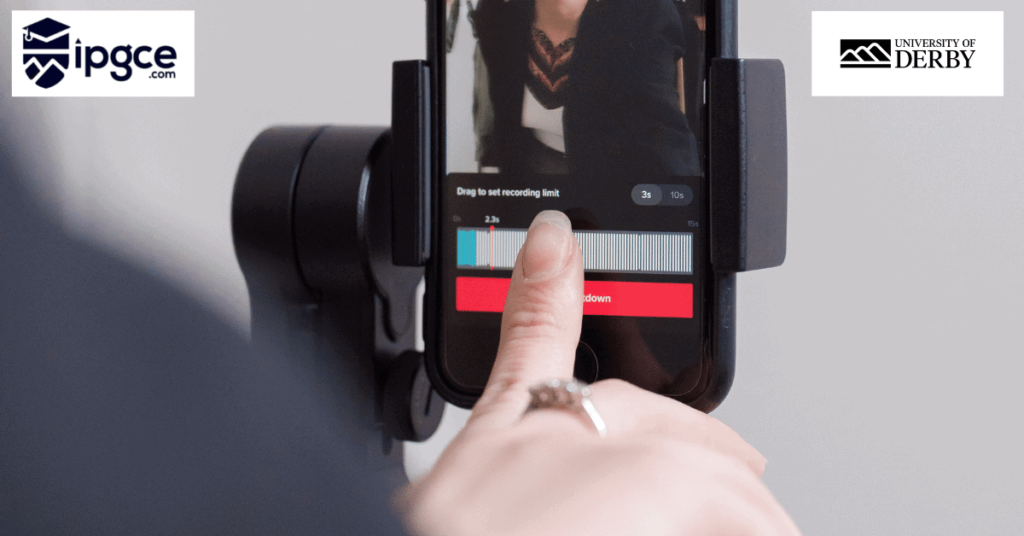
A BBC investigation found that displaced families in Syrian camps are begging for donations on TikTok while the company takes up to 70% of the proceeds. Children are live streaming on the social media app for hours, pleading for digital gifts with a cash value.
Read the rest of the article here: https://www.ipgce.com/tiktok-uses-families-for-profit/
Contact us here: https://www.ipgce.com/contact-us
The BBC saw streams earning up to $1,000 (£900) an hour but found the people in the camps received only a tiny fraction of that.
TikTok said it would take prompt action against “exploitative begging”.
The company said this type of content was not allowed on its platform, and its commission from digital gifts was significantly less than other social media platforms charge. But the BBC found that TikTok was taking a much higher percentage of the donations than other platforms, such as YouTube and Facebook.
It also found that the content was being monetised without the knowledge or consent of the people in the camps. TikTok said it had a team dedicated to dealing with “bad actors” and was committed to protecting its users.
But the BBC investigation raises serious questions about how well TikTok is policing its platform and whether it is doing enough to protect vulnerable users.
According to the UN, more than 6.6 million people have been displaced by the conflict in Syria, and many are living in camps in neighbouring countries.
The BBC spoke to several families in the camps who said they had no choice but to beg online to make enough money to buy food and necessities.
One mother did not want to be named and said she had been begging on TikTok for two months. She said she was earning up to $250 a day, but after TikTok’s commission was deducted, she only took home around $50.
Another mother, who did not want to be named, said she had started live streaming on TikTok because her family struggled to survive on the money they were making from selling vegetables.
She said she was earning up to $100 a day, but after TikTok’s commission was deducted, she only took home around $30.
A third mother, who also did not want to be named, said she had started begging on TikTok because her family struggled to survive on the money they were making from selling vegetables.
She said she was earning up to $100 a day, but after TikTok’s commission was deducted, she only took home around $30.
The BBC also spoke to a man who said he had been begging on TikTok for three months. He said he was earning up to $500 a day, but after TikTok’s commission was deducted, he only took home around $150.
TikTok said it would take prompt action against “exploitative begging”.
The company said this type of content was not allowed on its platform, and its commission from digital gifts was significantly less than other social media platforms charge. But the BBC found that TikTok was taking a much higher percentage of the donations than other platforms, such as YouTube and Facebook.
It also found that the content was being monetised without the knowledge or consent of the people in the camps. TikTok said it had a team dedicated to dealing with “bad actors” and was committed to protecting its users.
What do you think?
Contact Us Directly on Wechat or WhatsApp

Meet Our Successful Graduates: Learn how our courses have propelled graduates into rewarding
careers. Explore their success stories here!
Discover More About Your Future: Interested in advancing your teaching career? Explore our
IPGCE, MA, and QTS courses today!

Explore Our Courses: Ready to take the next
step in your education journey? View our
comprehensive course offerings now!

